b.2402 (2022)
experimental cinema
Genre : Science Fiction
Runtime : 2M
Director : Burak Batuhan Çağrıcı
Synopsis
The film is about the deceleration of motion in linear form and speed, establishing a connection between space and love. It ends with high-contrast photos with increasingly drastic color changes. This short film, inspired by Brakhage's Stellar film, was created by manipulating 1750 space photos in Photoshop along with grotesque paintings. Some frames contain black paintings by Francisco Goya, grotesque drawings by Leonardo da Vinci, grotesque engravings by William Blake. In order to refer to Brakhage's poetic style and understanding of storytelling in experimental cinema, two poems by Frank O'Hara and Kenneth Koch are placed in the beginning and end of the film.

The second of two theatrically released follow-ups to the Neon Genesis Evangelion series. Comprising of two alternate episodes which were first intended to take the place of episodes 25 and 26, this finale answers many of the questions surrounding the series, while also opening up some new possibilities.
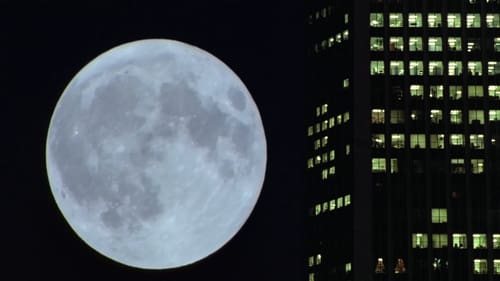
Takes us to locations all around the US and shows us the heavy toll that modern technology is having on humans and the earth. The visual tone poem contains neither dialogue nor a vocalized narration: its tone is set by the juxtaposition of images and the exceptional music by Philip Glass.
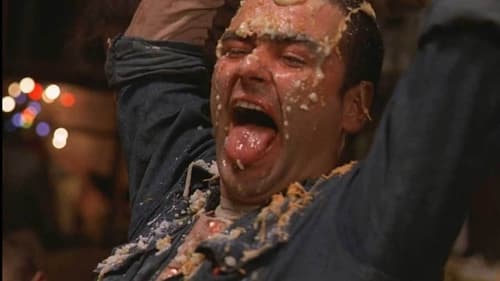
The winner of the Miss World Virginity contest marries, escapes from her masochistic husband and ends up involved in a world of debauchery.
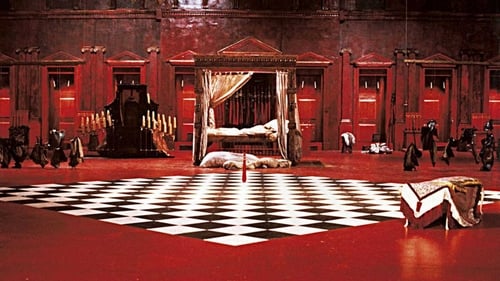
Set halfway through the 17th century, a church play is performed for the benefit of the young aristocrat Cosimo. In the play, a grotesque old woman gives birth to a beautiful baby boy. The child's older sister is quick to exploit the situation, selling blessings from the baby, and even claiming she's the true mother by virgin birth. However, when she attempts to seduce the bishop's son, the Church exacts a terrible revenge.
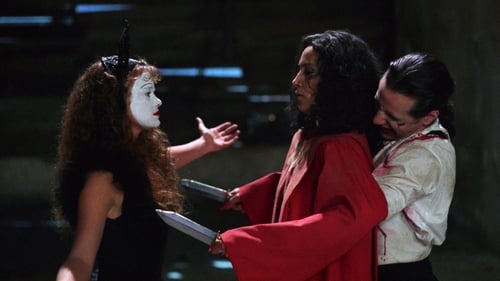
A young man is confined in a mental hospital. Through a flashback we see that he was traumatized as a child, when he and his family were circus performers. Back in the present, he escapes and rejoins his surviving and armless mother.
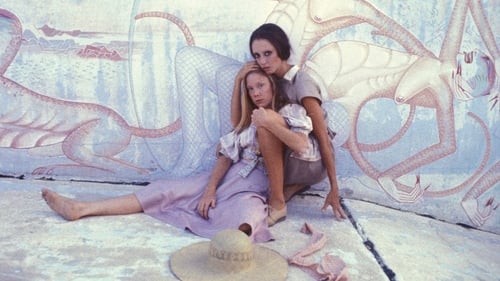
Two co-workers, one a vain woman and the other an awkward teenager, share an increasingly bizarre relationship after becoming roommates.

An afternoon in the woods. Every camera movement a stroke of a brush. An impossible painting. Never completing itself, always starting anew.

Images of concrete and stone. A cemetery. Light making its way through the tree leaves.
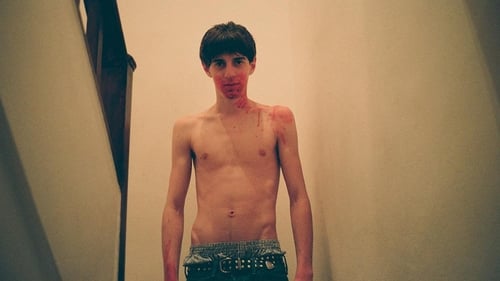
Each day after work, Carlos, a language school teacher, frequents the heady surroundings of his local cruising ground. One evening he encounters a teenage boy from his class named Toni, and the two engage in a brief sexual tryst. As the relationship between teacher and student begins to develop, some dark truths emerge about the young man and his mysterious group of friends.
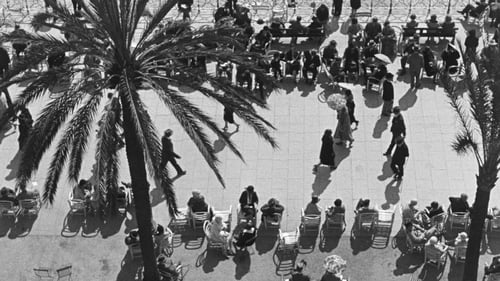
What starts off as a conventional travelogue turns into a satirical portrait of the town of Nice on the French Côte d'Azur, especially its wealthy inhabitants.
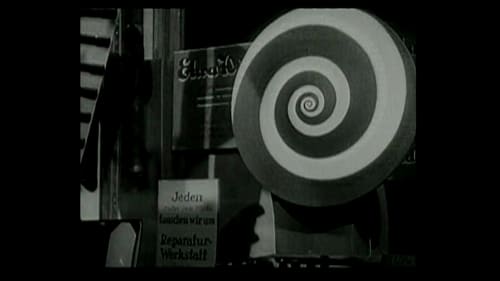
A train speeds through the country on its way to Berlin, then gradually slows down as it pulls into the station. It is very early in the morning, about 5:00 AM, and the great city is mostly quiet. But before long there are some signs of activity, and a few early risers are to be seen on the streets. Soon the new day is well underway. It's just a typical day in Berlin, but a day full of life and energy.
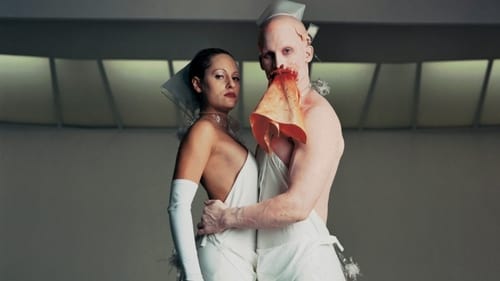
CREMASTER 3 (2002) is set in New York City and narrates the construction of the Chrysler Building, which is in itself a character - host to inner, antagonistic forces at play for access to the process of (spiritual) transcendence. These factions find form in the struggle between Hiram Abiff or the Architect ...
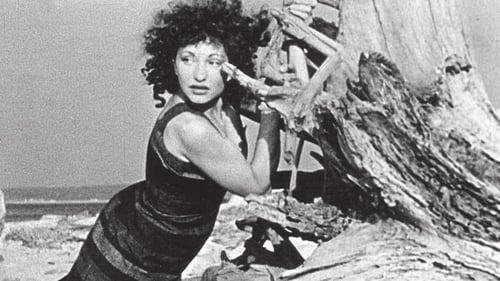
A woman lies on the sand, left there by the tides and waves (and in a pose that would be copied in From Here to Eternity). She reaches up across tree roots and makes a difficult climb. Only to discover herself climbing horizontally along a long dinner table as bourgeoise black-tie guests chat and drink and smoke, oblivious to her. At the top of the table, a man is playing chess but abandons the game. Fascinated, she gazes at board, the pieces moving unaided. The woman chases a pawn as it falls to the floor. Falls down a waterfall. Is lost.
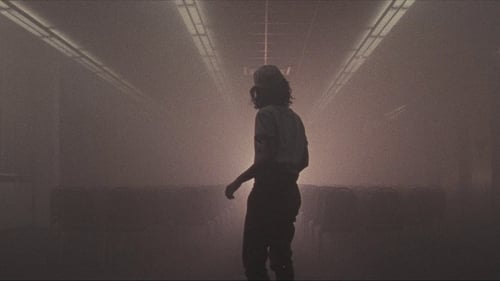
Luz, a young cabdriver, drags herself into the brightly lit entrance of a run-down police station. A demonic entity follows her, determined to finally be close to the woman it loves.
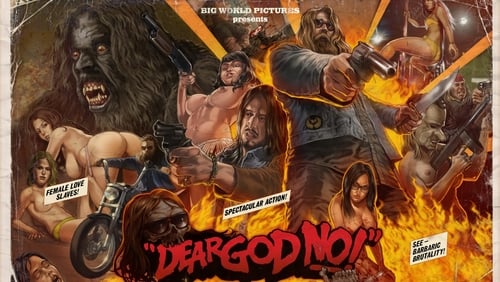
A gang of outlaw bikers pull a home invasion on a disgraced Anthropologist hiding a secret locked in his cabin basement.
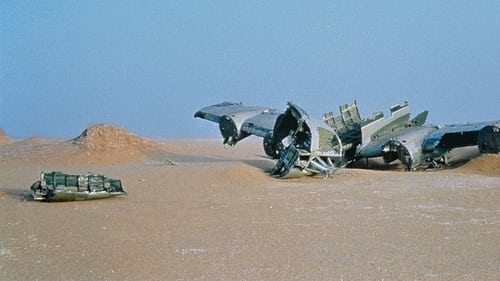
Shot under extreme conditions and inspired by Mayan creation theory, the film contemplates the illusion of reality and the possibility of capturing for the camera something which is not there. It is about the mirages of nature—and the nature of mirage.

The film is about the deceleration of motion in linear form and speed, establishing a connection between space and love. It ends with high-contrast photos with increasingly drastic color changes. This short film, inspired by Brakhage's Stellar film, was created by manipulating 1750 space photos in Photoshop along with grotesque paintings. Some frames contain black paintings by Francisco Goya, grotesque drawings by Leonardo da Vinci, grotesque engravings by William Blake. In order to refer to Brakhage's poetic style and understanding of storytelling in experimental cinema, two poems by Frank O'Hara and Kenneth Koch are placed in the beginning and end of the film.
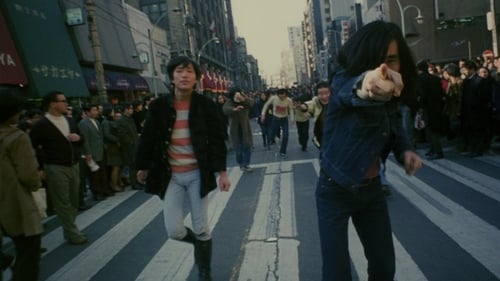
Conditions have been better for the nameless protagonist: his grandmother is a shoplifter and his war criminal father and sister have an unhealthy, intimate relationship with the family rabbit.
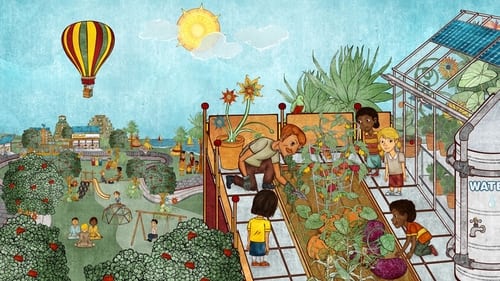
2012: Time For Change is a documentary feature that presents ways to transform our unsustainable society into a regenerative planetary culture. This can be achieved through a personal and global change of consciousness and the systemic implementation of ecological design.



















